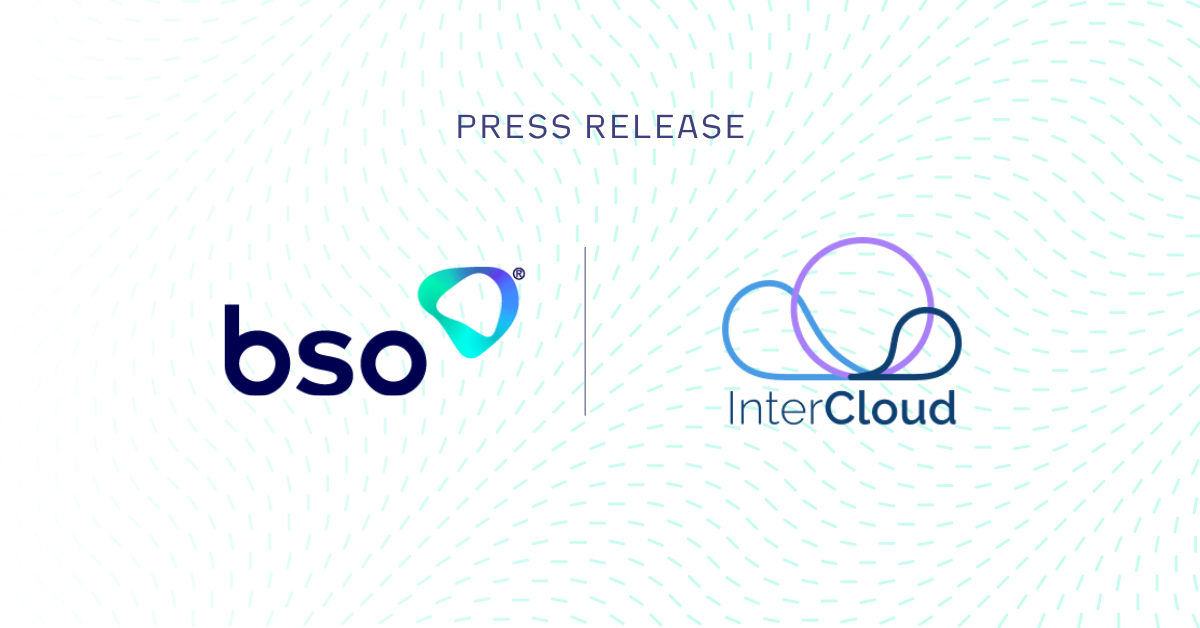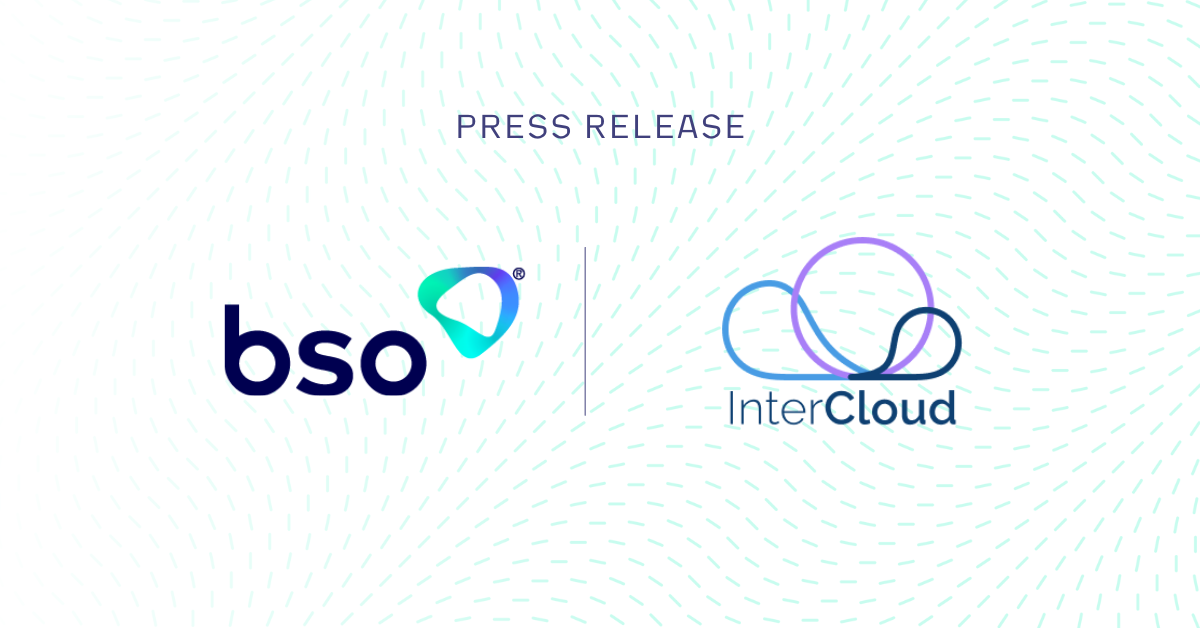As institutions move more heavily into digital assets, what are the infrastructure implications?

In recent months, there have been some interesting developments in the institutional crypto and digital asset space. We explore the network infrastructure implications of an increased focus from institutions on digital asset trading.
Recent moves from leading institutions in the digital asset trading space
Last December, Standard Chartered and Northern Trust announced the launch of Zodia, an institutional-grade custody solution for cryptocurrencies. In April of this year, Deutsche Börse and Commerzbank invested in fintech 360X to develop a next-generation digital asset trading platform. And in May, Goldman Sachs, Fidelity and others participated in a $15 million funding round for crypto financial intelligence firm Coin Metrics.
Major financial institutions recognise that crypto is here to stay, and are steadily becoming more heavily invested in this developing market. And the trend seems to be accelerating, as evidenced by the latest announcement from Standard Chartered and BC Group that they’ve partnered to establish a digital asset brokerage and exchange platform for institutional and corporate clients in the UK and Europe.
So what does this mean in terms of market infrastructure? How are technology ecosystems evolving to support the growing participation of global financial institutions in the digital asset trading space? Let’s take a look at these themes.
How does this digital asset trend influence the use of the cloud?
We’ve written previously about the growing adoption of the cloud in the financial markets space, and how firms are making increasing use of the many benefits that cloud-based platforms and technologies have to offer.
One of the interesting things about the crypto space is that, in some respects, we’re seeing moves in the opposite direction, away from the public cloud and the public internet towards dedicated, hosted infrastructure.
There are several reasons for this. Firstly, many crypto exchanges and trading platforms were originally built in the public cloud to support instant scalability and the unpredictable nature of future growth. Firms didn’t know how big the market was going to be or how much capacity they would need, and the cloud provided the flexibility they were looking for at that early stage.
Now that digital asset trading has become more mature, firms can better predict future usage and can forecast their storage and connectivity needs more accurately. Some have concluded that they can optimise their costs by actually moving some of their network infrastructure out of the public cloud.
Another factor, as the crypto market becomes increasingly institutional, is that global financial institutions are a lot more demanding than retail players, particularly regarding the security, stability and performance of their network connectivity. And many of these institutions are looking to leverage the infrastructure they already have.
Also, some newer, ‘crypto-centric’ firms are now moving into more traditional asset classes, such as equities, FX and exchange-traded derivatives, as their business grows.
Serving the community and taking a hybrid approach
In this hybrid world of traditional financial institutions starting to embrace digital assets and crypto trading firms widening their outlook into other instruments, the infrastructure underpinning digital asset trading is shifting from pure cloud-based to more of a hybrid type environment.
Crypto players need access to established exchanges and trading venues, and banks need secure, stable access to crypto exchanges and trading platforms (many of which are still hosted in the public cloud, but an increasing number of which are now moving to collocated, hosted infrastructure).
All of the members of this community, from new entrants to established institutions, need to be able to reliably connect, both to each other and the various trading venues (crypto and traditional) without having to rely on the public internet.
How can institutions achieve this network infrastructure balance?
BSO can certainly help. Our Crypto Connect product provides deterministic low latency connectivity to crypto exchanges wherever they’re located, whether in the cloud or collocated data centres.
Our financial network spans 240 data centres, 33 countries and 5 continents, and provides access to all the world’s major exchanges and trading venues.
With Cloud Connect, BSO provides a dedicated path from cloud to cloud, delivered across our global network backbone that includes over 40 active cloud on-ramps with AWS, Azure, Google, IBM, Oracle and Alibaba. And our virtual router technology ensures that the most direct path is taken between clouds.
So whether you’re a bank looking to establish a digital asset trading desk or a crypto trading firm looking to access the wider financial market, BSO, with the combination of our award-winning financial network, our multi-cloud connectivity and our hosted infrastructure, can work with you to ensure that your network infrastructure and connectivity needs are met.
Get in touch to discuss your infrastructure needs with BSO today!

In need of network infrastructure balance? BSO can certainly help. Our Crypto Connect product provides deterministic low latency connectivity to crypto exchanges wherever they’re located, whether in the cloud or collocated data centres.
Find out moreABOUT BSO
The company was founded in 2004 and serves the world’s largest financial institutions. BSO is a global pioneering infrastructure and connectivity provider, helping over 600 data-intensive businesses across diverse markets, including financial services, technology, energy, e-commerce, media and others. BSO owns and provides mission-critical infrastructure, including network connectivity, cloud solutions, managed services and hosting, that are specific and dedicated to each customer served.
The company’s network comprises 240+ PoPs across 33 markets, 50+ cloud on-ramps, is integrated with all major public cloud providers and connects to 75+ on-net internet exchanges and 30+ stock exchanges. The team of experts works closely with customers in order to create solutions that meet the detailed and specific needs of their business, providing the latency, resilience and security they need regardless of location.
BSO is headquartered in Ireland, and has 11 offices across the globe, including London, New York, Paris, Dubai, Hong Kong and Singapore. Access our website and find out more information: www.bso.co
SALES ENQUIRY
Get in touch now. Find out how we can transform your business_
You might be interested in_
THE BSO DIFFERENCE
The industries we work across_





/Revolutionising-Connectivity%20BSOs-Tailored-Cloud-Solution-for-CryptoStruct-GmbH.png?width=1050&height=550&name=Revolutionising-Connectivity%20BSOs-Tailored-Cloud-Solution-for-CryptoStruct-GmbH.png)
/6%20Cloud%20Best%20Practices%20for%20Financial%20Technology%20Companies.jpg?width=1200&height=600&name=6%20Cloud%20Best%20Practices%20for%20Financial%20Technology%20Companies.jpg)









